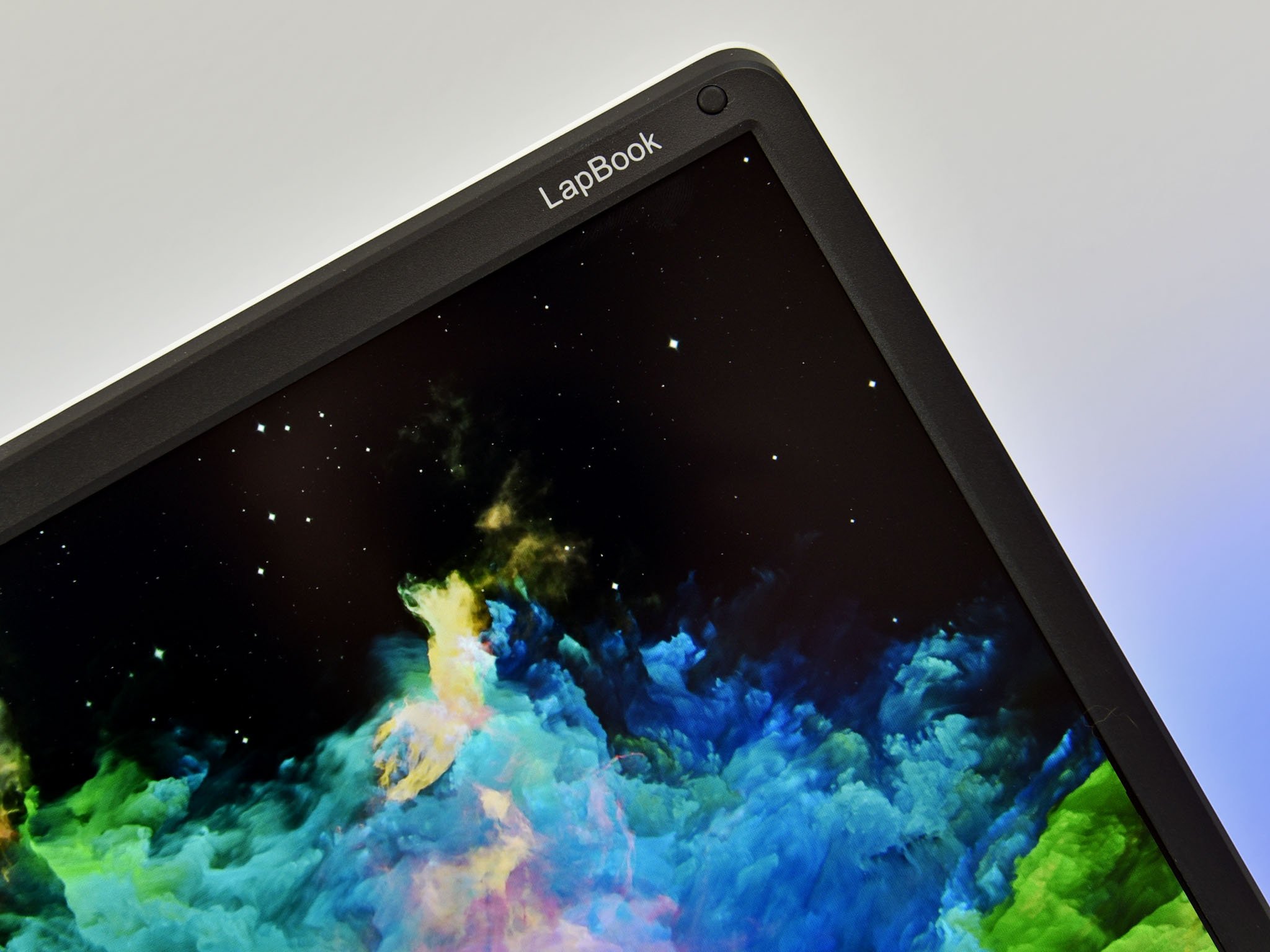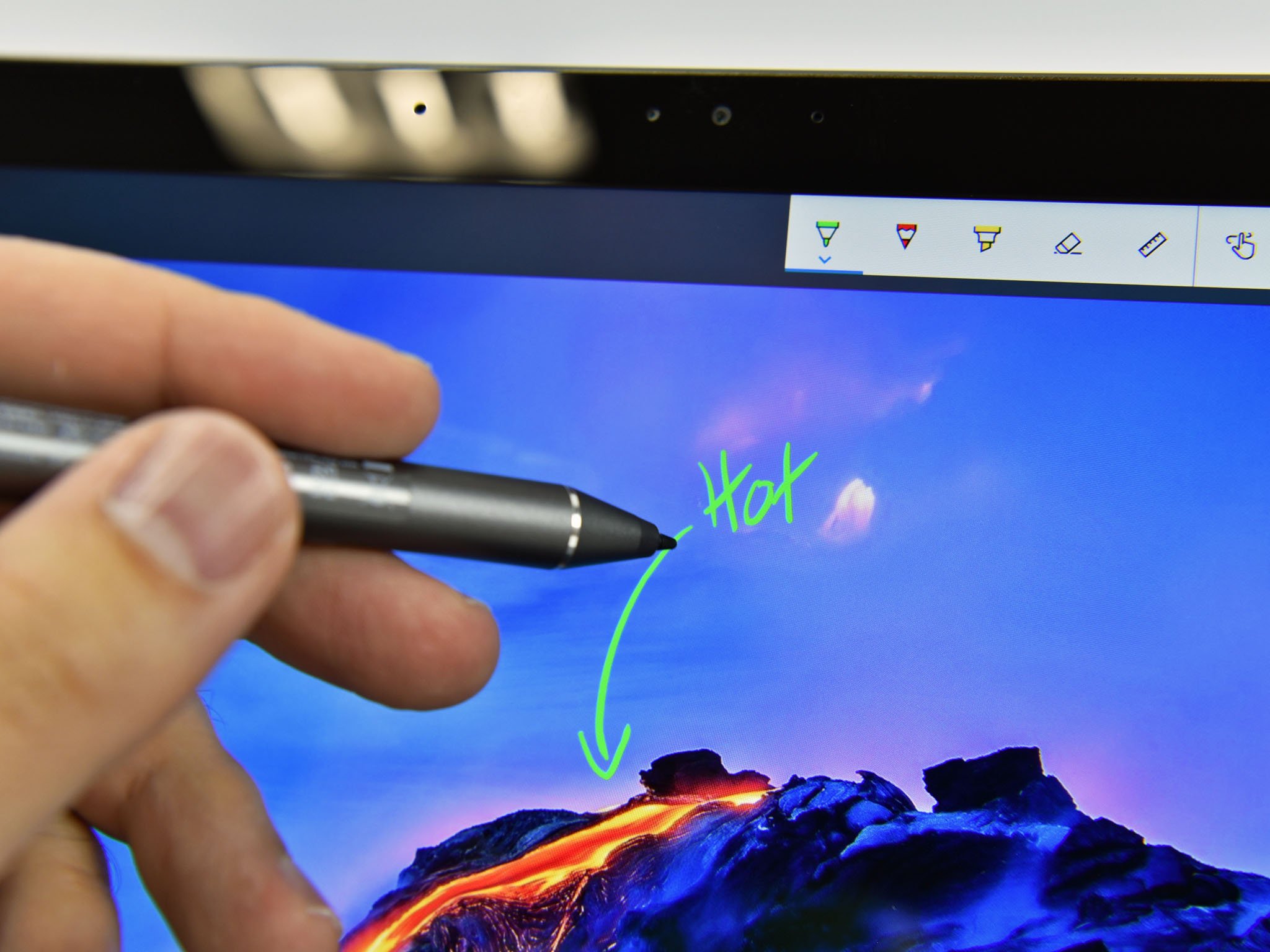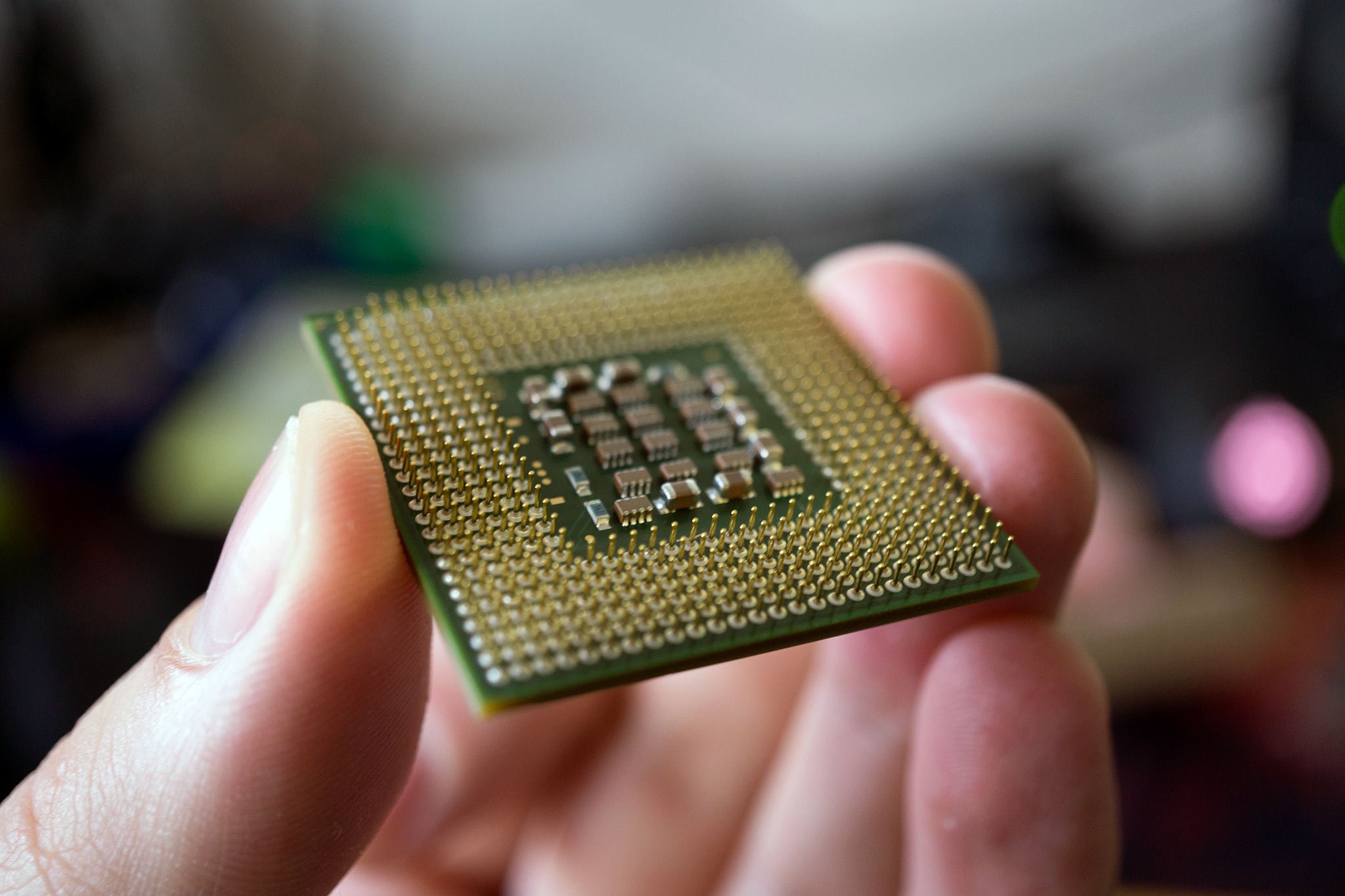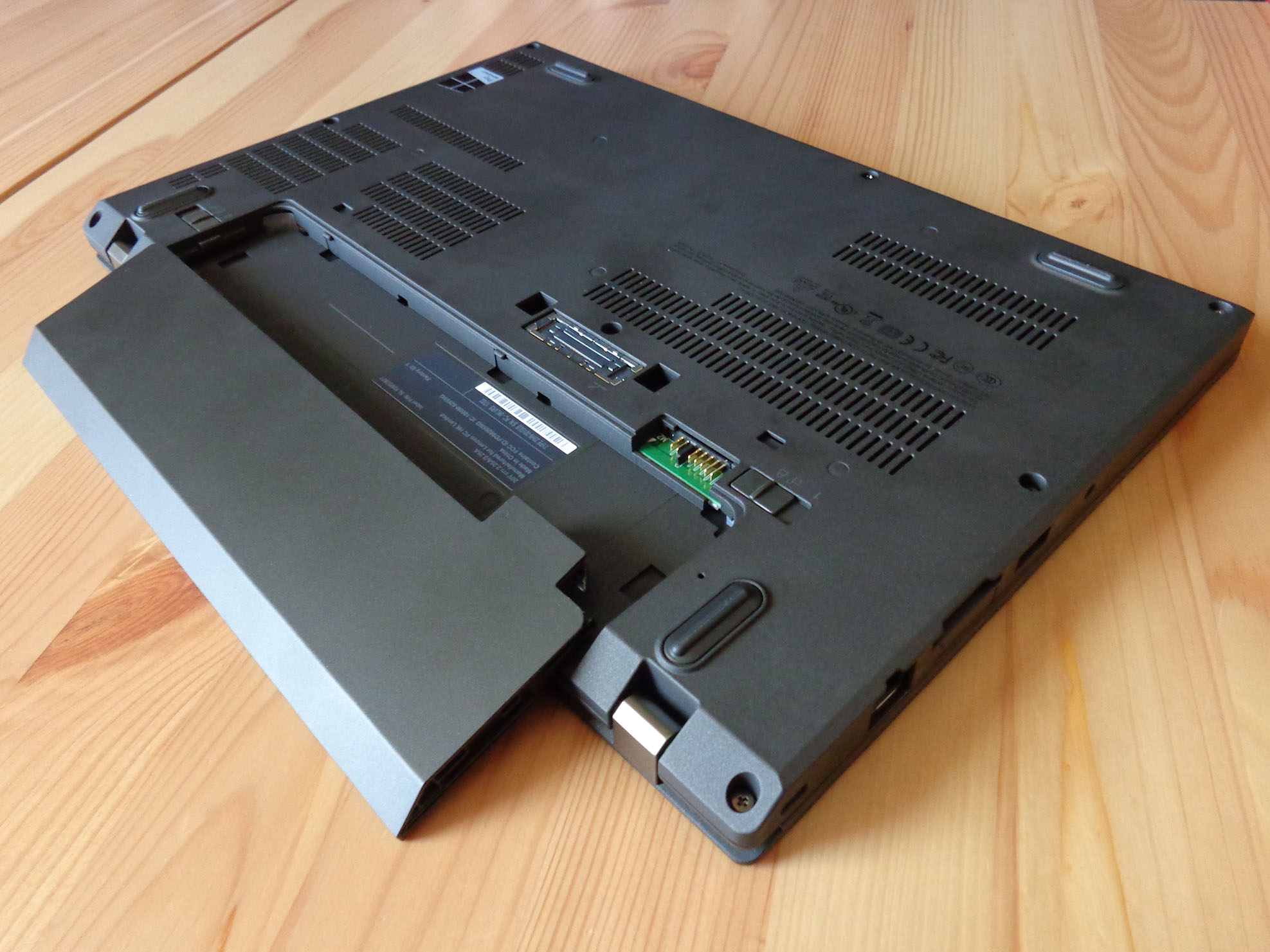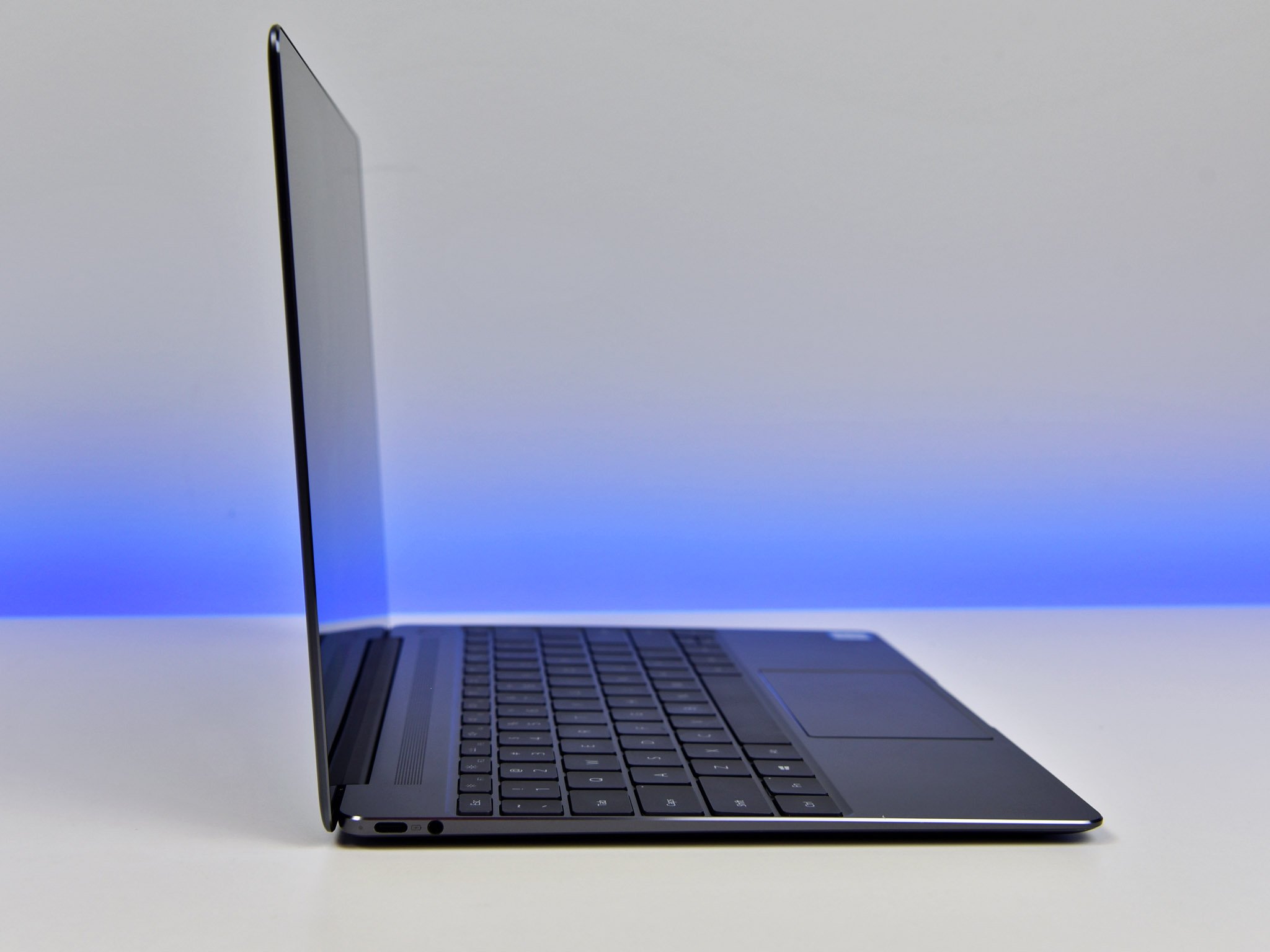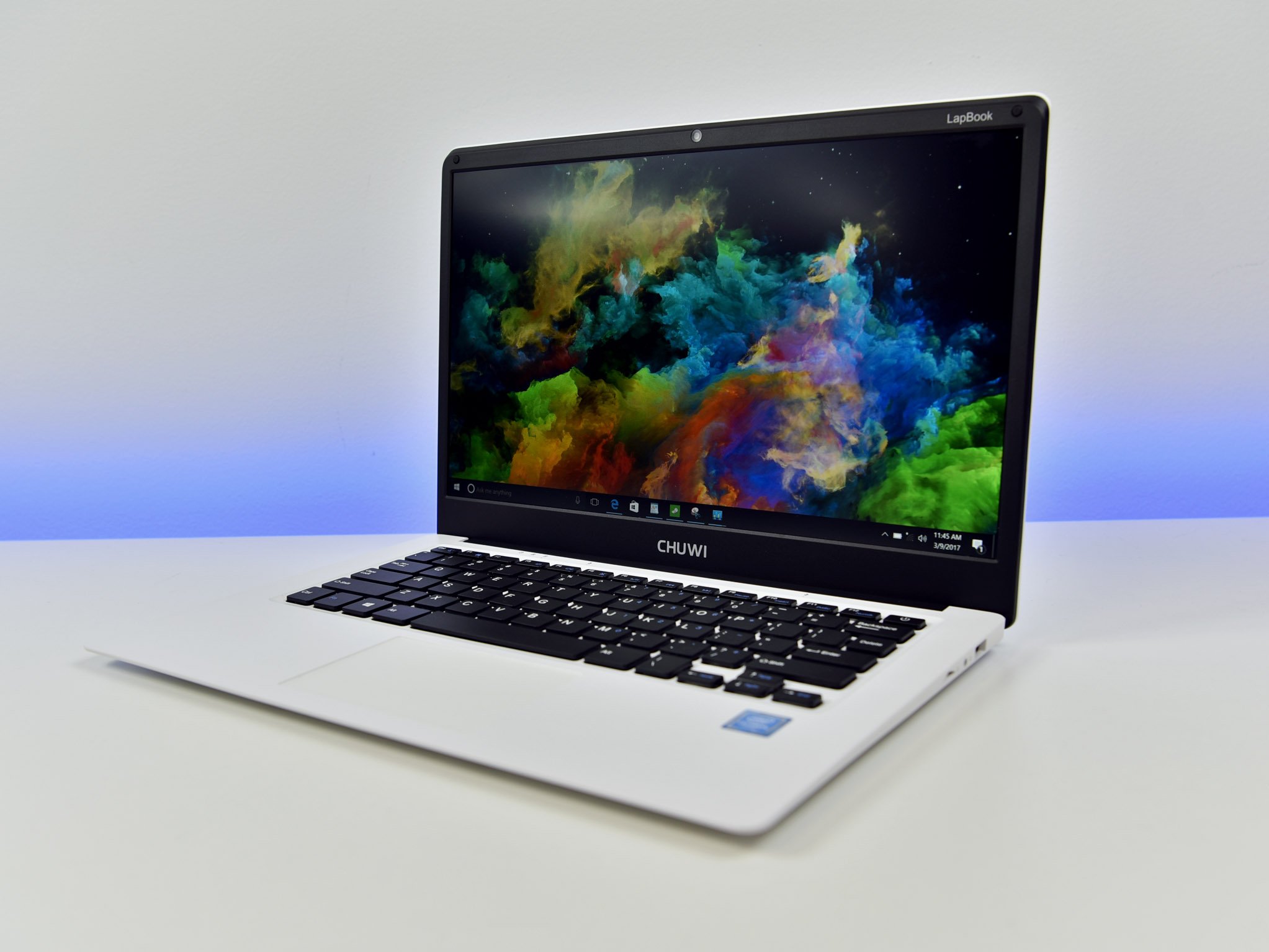
All the latest news, reviews, and guides for Windows and Xbox diehards.
You are now subscribed
Your newsletter sign-up was successful
Anyone in the market for a new laptop knows that there are plenty of questions that need answering before a final decision is made. If you're on a budget (who isn't these days?), you can still get an awesome device, but you will likely have to put up with a few concessions. Let's take a look at exactly what you can expect from a budget laptop, and what sort of tradeoffs you'll likely have to live with.
- See the best budget laptops of 2019
- See the best overall laptops of 2017
- See our laptop buyer's guide
Many budget laptop displays don't deliver
This rule is starting to fade away — just look at CHUWI's 14.1-inch LapBook — but in most cases, you can expect a budget laptop's display to take a hit. This usually means you won't get the same amount of brightness, the resolution won't be as high, or the color won't be as accurate as on a more expensive model.
Color accuracy and brightness can be excused, as a display can still be quite stunning even if you can't use it in direct sunlight, but a low resolution is often scoffed at. Why? You can't fit nearly as much stuff on a, say, 768p display when compared to a 1080p or even 1440p display. It also just doesn't look nearly as sharp.
There are plenty of budget laptops out there that still offer a 1080p display, and we recommend at least sticking with nothing lower. Likewise, consider going for a display with an IPS panel. While TN panels offer a few extra perks for dedicated gamers (like a better response time), an IPS panel offers better viewing angles and better color.
IPS vs. TN monitors: Which is best for you?
Many budget laptops have large bezels
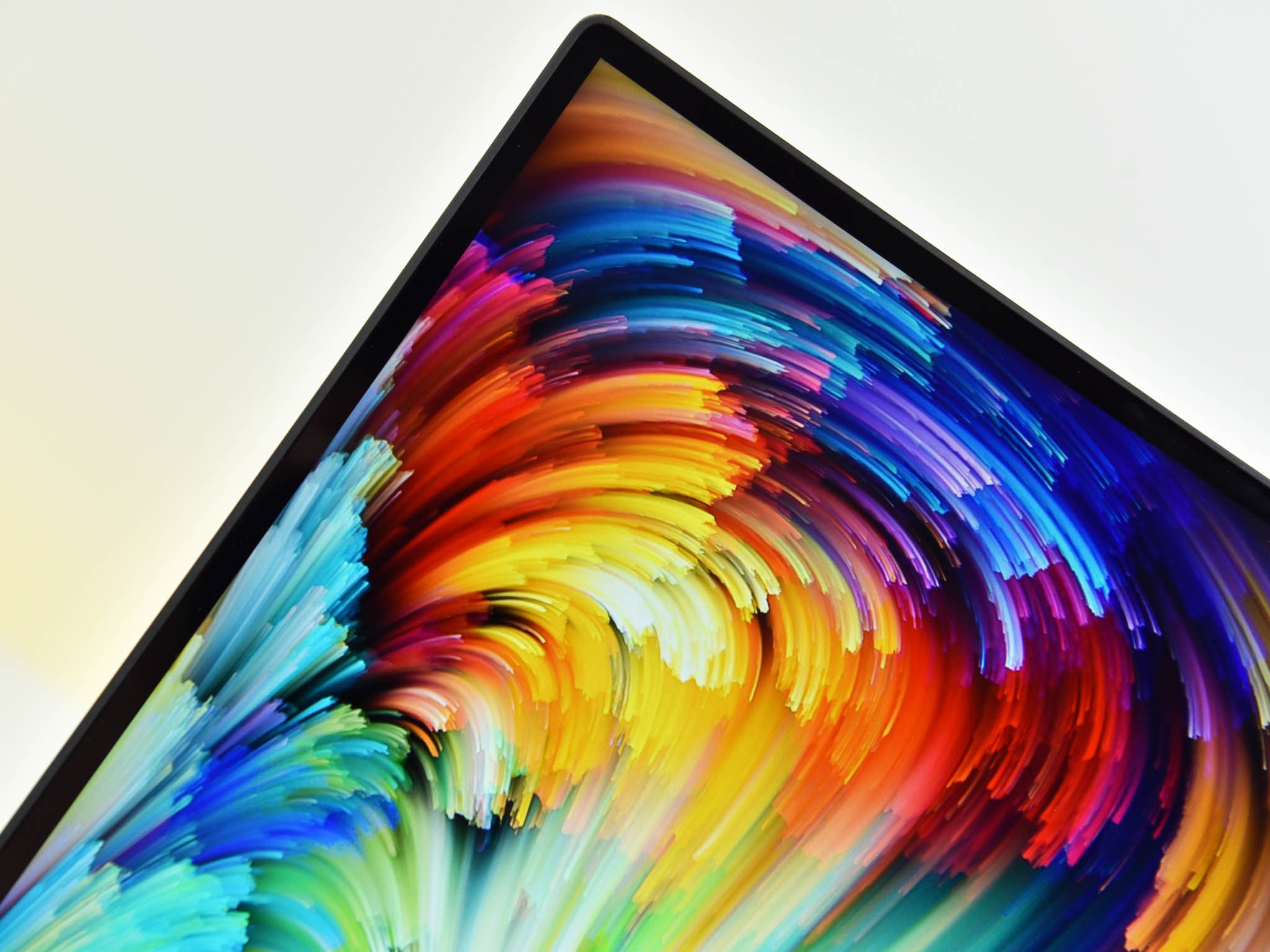
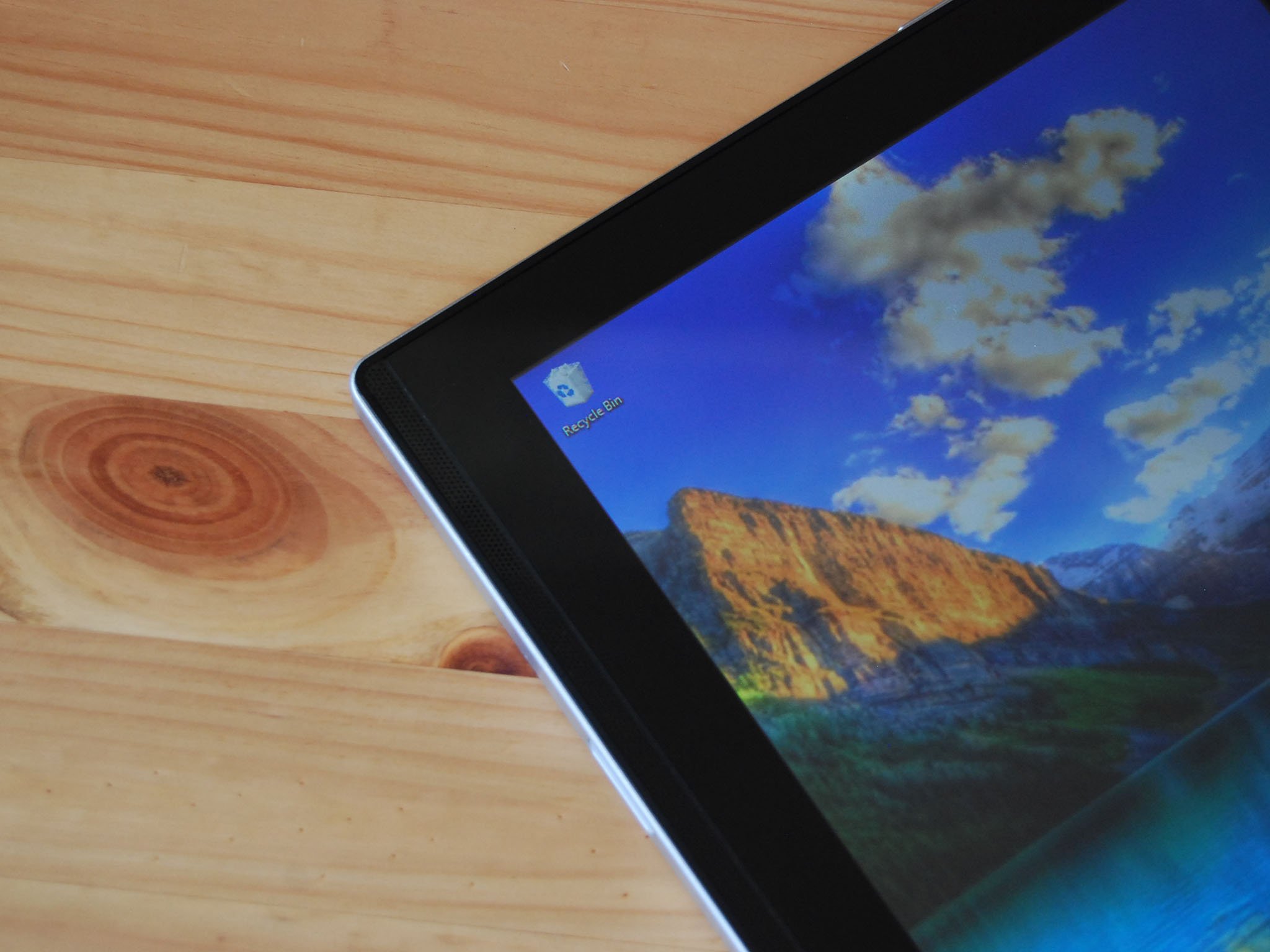
Piggybacking off the last point, budget laptops are notorious for having a large bezel around the display. This doesn't bother some people — as long as the display works — but for others, a large bezel somewhat ruins the look of a laptop.
If you're in the latter camp, you probably love the look of something like Dell's XPS 13, which starts at about $800. That's well out of the "budget" range, but for good reason. If you're looking for a cheap laptop, be prepared to put up with black bars around your screen.
All the latest news, reviews, and guides for Windows and Xbox diehards.
Many budget laptops do not support pens or inking
Despite some budget laptops having an excellent touch display, the addition of the technology — whether AES, N-trig, or otherwise — required to support an active pen for inking is usually out of the question.
Laptops like the Surface Pro and HP Spectre x360 do pens and inking right, but they're quite a way out of the budget range. This rule mostly applies across the board. If you're going in for a budget device, don't expect an inking experience on the same level as on a laptop that costs thousands of dollars.
Many budget laptops come with a hard-disk drive
To keep prices down and keep the laptop's appeal up, manufacturers might stuff a hard-disk drive (HDD) with tons of storage into the device. Having 1TB of space looks great on paper, but keep in mind that you aren't getting anywhere near the same speeds as with a more modern solid-state drive (SSD).
If maximum space is all you're looking for, you shouldn't have any problems. However, if you'd like a snappy drive that can boot Windows, load apps, and unzip files quickly, you'll no doubt be more interested in an SSD. You might have to settle for less overall storage, but the speed return might be worth it.
Many budget laptops have slower processors
In another attempt to keep the laptop looking attractive on paper, manufacturers will often advertise something like Intel Core without mentioning the actual type of processor (CPU). Without knowing exactly processor you're getting — the same applies for AMD hardware — you could end up with something slower than you'd like.
For example, Intel Y-Series and U-Series CPUs are quite a bit different, but they look almost the same on paper. They both start with the same Core i5 or Core i7 designation. Likewise, you should keep an eye out for Intel Atom CPUs; if possible, go with a budget laptop that's using Celeron N-Series.
In the end, a budget laptop will almost never have the same type of CPU as a high-end laptop, and you'd no doubt see the performance difference quite clearly if both were side by side. Still, take the time to review all specs of a laptop, and you'll no doubt be happier in the end.
Intel Y-Series vs. U-Series Ultrabook CPUs: What's the difference?
Many budget laptops have poor battery life
It's true that many high-end laptop also suffer from poor battery life — especially when 4K displays get involved — but usually not to the same extent as a cheap laptop. It's often hard to tell exactly how long a battery will last in real-life use. We often see manufacturers slapping battery lifetimes on their products that just aren't realistic.
For the best account of how long a battery will last, read independent reviews. Reviewers test, in real time, how long a battery can live on a single charge. If you're going in on a budget laptop, know that you often won't get a full day of work — at least eight hours — out of a single charge. Still, expect any laptop battery to last for at least a few hours.
Check out our growing collection of laptop reviews
Many budget laptops are bulky
Love the look of a slim laptop? Want it to weigh next to nothing? Budget laptops with these attributes are generally quite small overall. If a 15-inch laptop is more your size, expect it to have a considerable amount of bulk to it.
The hardware inside laptops is generally more expensive as it gets smaller, so to save money, larger parts are used. This means a larger chassis, which means more weight. The bottom line here is that you shouldn't expect a budget device to be as light and slim as, say, the Huawei MateBook X.
Your new budget laptop
Interested in picking up a budget laptop? Don't let the above concessions scare you. There are some amazing budget devices on the market today, and we rounded up some neat lists to make it easy for you to choose.
- See the best budget laptops of 2017
- See the best overall laptops of 2017
- See our laptop buyer's guide

Cale Hunt brings to Windows Central more than nine years of experience writing about laptops, PCs, accessories, games, and beyond. If it runs Windows or in some way complements the hardware, there’s a good chance he knows about it, has written about it, or is already busy testing it.
